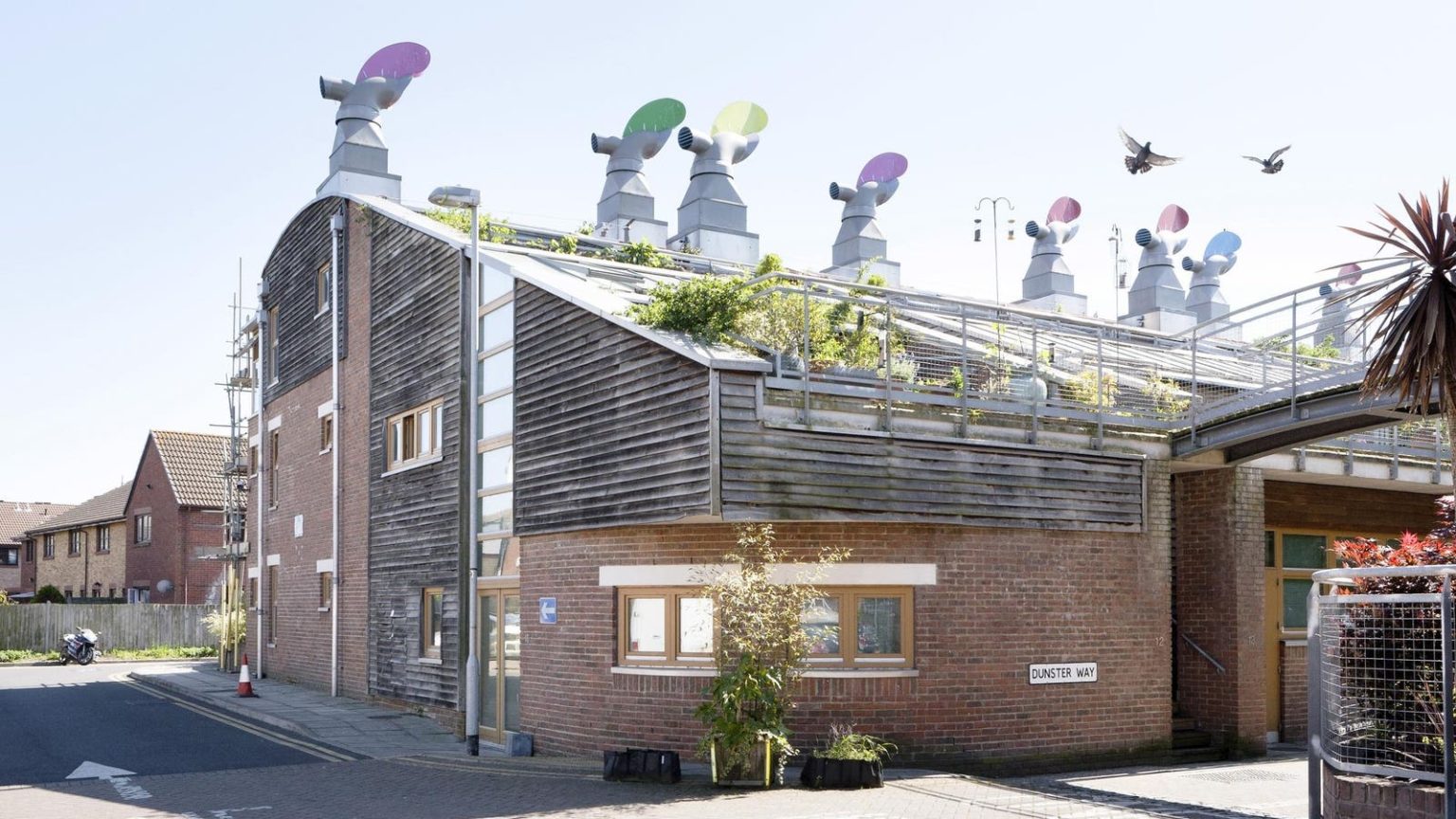Real estate may not be the first thing that comes to mind when thinking about climate change, but it plays a significant role in contributing to carbon dioxide emissions. The real estate sector is responsible for about 40% of all greenhouse gas emissions globally, and this number is only expected to increase as the population grows and more housing is created. Additionally, construction produces a large amount of waste and emissions, with the industry generating nearly a third of Canada’s waste and 40% of all CO2 emissions globally. Without changes to real estate practices, emissions associated with buildings and construction are projected to continue increasing.
In order to meet global net-zero targets, CO2 emissions need to drop by about 6% per year, according to the International Energy Agency. The built environment is responsible for about 42% of annual global CO2 emissions, with building operations accounting for 27% and the embodied carbon of materials like cement, iron, steel, and aluminum responsible for an additional 15%. The emissions from the building sector are a significant concern, especially in big cities where large buildings are responsible for a majority of emissions.
To address the emissions associated with real estate, it is crucial to focus on energy efficiency, electrification, renewable energy, and embodied carbon reduction. Real estate players have a variety of options available to them, including low-carbon development and construction, building retrofits, upgrades to heating, cooling, and lighting technology, and technology to manage demand and consumption. Electrifying buildings could have a significant impact on reducing emissions, and there are many climate solutions available to help the real estate sector transition to more sustainable practices.
Key players in the climate x real estate space, including energy service companies, real estate management groups, and carbon architecture companies, are already working towards sustainable solutions. Consumers, companies, entrepreneurs, investors, and policymakers all have a role to play in driving change in the real estate sector. Retrofitting, electrification, energy efficiency, and other climate-friendly practices can be adopted by companies and consumers, while entrepreneurs can develop innovative solutions in this space. Investors can support sustainable real estate projects, and policymakers can provide the necessary incentives and regulations to accelerate the transition to climate-friendly real estate practices.
The intersection of climate change and real estate offers numerous opportunities for innovation and action. By working together, we can address the environmental impact of the real estate sector and contribute to global efforts to combat climate change. If you are involved in the climate x real estate space or know of any companies making a difference, share your insights and ideas to help drive further progress in this important area.


